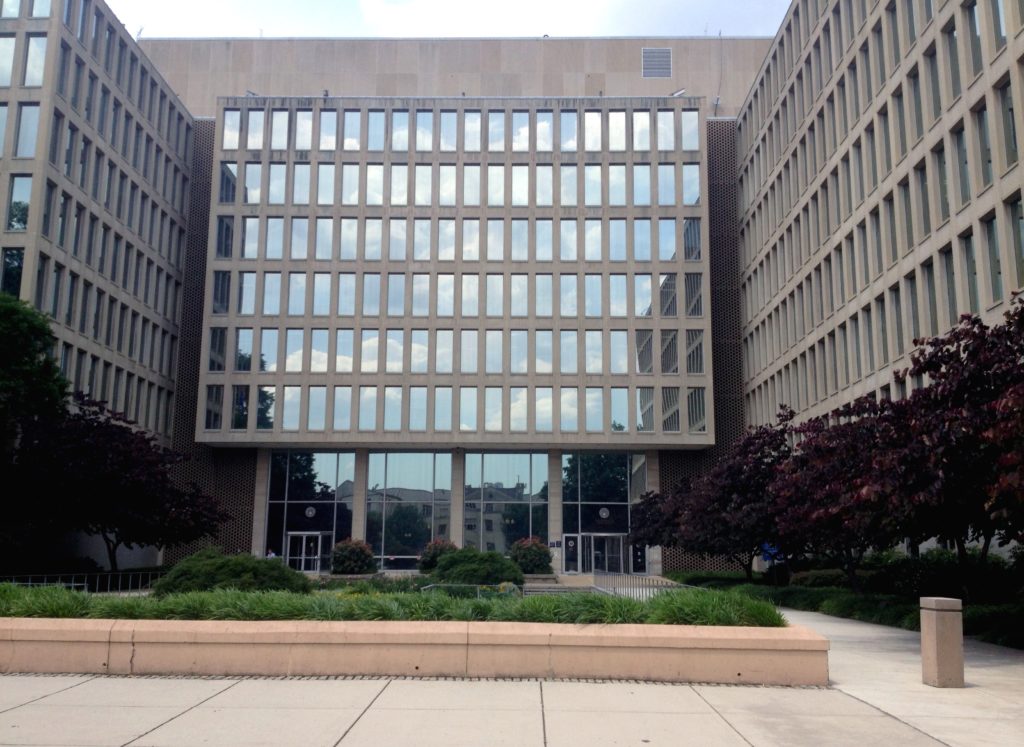
The Federal Times, Govexec, and Federal News Network all report on today’s announcement that the President is nominating Kiran Ahuja to be OPM Director. Ms. Ahuja led the President’s transition review team lead for the agency. “Ahuja has over 20 years of public service and philanthropy experience. She’s currently the CEO of Philanthropy Northwest, and she spent several years as a career civil rights attorney at the Justice Department.” Her nomination is subject to Senate confirmation. In due course, the President also is expected to nominate an OPM Deputy Director and an OPM Inspector General.
Healthcare Dive reports on the first confirmation hearing for the President’s nominee for Secretary of Health and Human Services, Xavier Becerra. Mr. Becerra “told senators on the health committee Tuesday morning he would continue work he did as California attorney general to combat anticompetitive practices in healthcare and go after providers that ‘unfairly jack up prices on patients.'” According to the report, Mr. “Becerra will be back in the hot seat Wednesday for his second confirmation hearing, this one in front of the Senate Finance Committee. That will be the committee voting on whether to send his nomination to the full Senate for a vote.”
Tomorrow, the Senate Homeland Security and Governmental Affairs Committee at 10 am and the Senate Budget Committee at noon each will hold a business meeting on whether to advance to the Senate floor the President’s nomination of Neera Tanden to be Director of the Office of Management and Budget.
Tomorrow at 10 AM, the House Oversight and Reform Committee will hold a hearing on “Legislative Proposals to Put the Postal Service on Sustainable Financial Footing.” The Committee Staff explains in a memorandum,
the Committee will hold a hybrid hearing to review legislative proposals to place the Postal Service on a more sustainable financial footing. The Committee will consider a discussion draft that includes several provisions to relieve the financial burdens under which the Postal Service is currently operating and to enhance transparency regarding performance. That draft is being circulated with this memo. The discussion draft includes provisions on Medicare integration [for Postal annuitants participating along with Postal employees in a separate program within the FEHB] , repealing a requirement for the Postal Service to pre-fund retiree health care, and service performance standards.”
Earlier today, the Oversight and Investigations Subcommittee of the House Energy and Commerce Committee held a hearing on the availability of COVID-19 vaccinations. The hearing featured testimony from executives at the companies manufacturing those vaccines. Fierce Healthcare reports that “Pfizer, Moderna and Johnson & Johnson execs say [at the hearing] they’re working all the angles on increasing COVID-19 vaccine production and expect to amp up weekly deliveries by tens of millions by the end of March.”
In that regard, a friend of the FEHBlog pointed him to this NIH Director’s blog entry released today
For the millions of Americans now eligible to receive the Pfizer or Moderna COVID-19 vaccines, it’s recommended that everyone get two shots. The first dose of these mRNA vaccines trains the immune system to recognize and attack the spike protein on the surface of SARS-CoV-2, the virus that causes COVID-19. The second dose, administered a few weeks later, boosts antibody levels to afford even better protection. People who’ve recovered from COVID-19 also should definitely get vaccinated to maximize protection against possible re-infection. But, because they already have some natural immunity, would just one shot do the trick? Or do they still need two?
A small, NIH-supported study, published as a pre-print on medRxiv, offers some early data on this important question [1]. The findings show that immune response to the first vaccine dose in a person who’s already had COVID-19 is equal to, or in some cases better, than the response to the second dose in a person who hasn’t had COVID-19. While much more research is needed—and I am definitely not suggesting a change in the current recommendations right now—the results raise the possibility that one dose might be enough for someone who’s been infected with SARS-CoV-2 and already generated antibodies against the virus.
Encouraging news.
